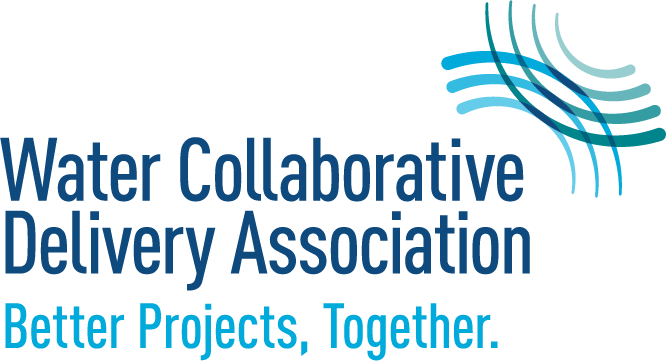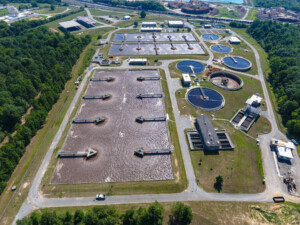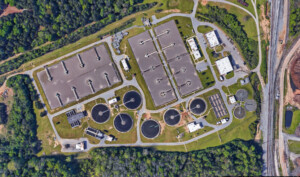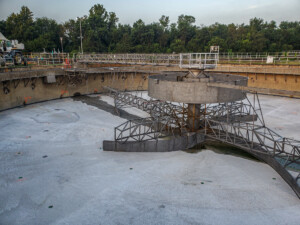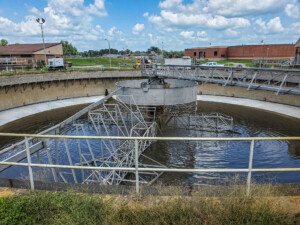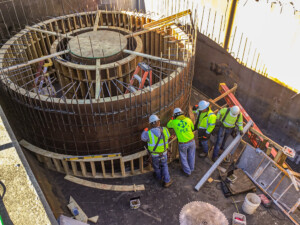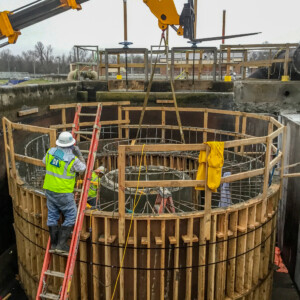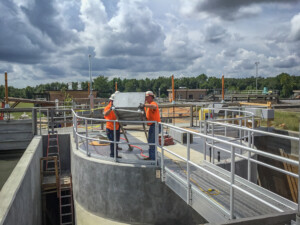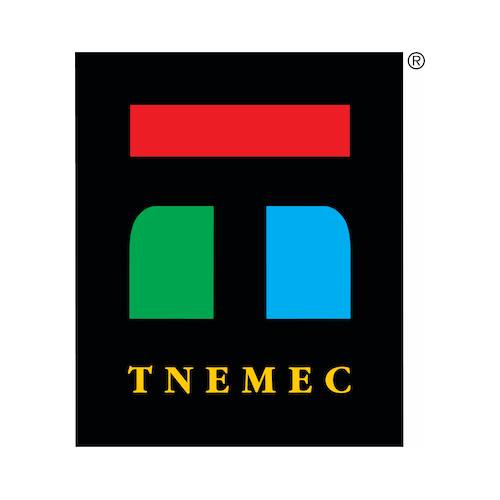Challenge
This Middle Georgia project serves customers in Macon and Bibb Counties. Built in the 1950s and 1970s and updated in the 1980s, both plants had reached the end of their life cycles. They required replacement or rehabilitation to continue to treat the 48 million gallons of wastewater that support local households, businesses, and a growing base of high-demand industrial customers.
Approach
This was a qualifications-based selection, with a budget for Phase 1 services. The procurement process also included pass/fail elements for safety and financial capability.
The progressive design-build delivery model was instrumental in helping Macon Water Authority (MWA) make choices during the formative stages of design that were well informed by real-time cost and schedule impacts, which ultimately saved them money. The team delivered the project MWA wanted when they needed it—an outcome that would have been difficult to achieve with a different project delivery model.
The team upgraded and updated the conventional activated sludge facilities with modern technology capable of wastewater treatment and release back into the Ocmulgee River. The facilities received influent channel screen replacements, new grit removal systems, solids dewatering equipment replacements and building renovations, bioreactor aerator motor replacements and sodium bisulfite feed system repair, chlorine analyzer replacements, plus across-the-board structural and miscellaneous plant improvements.
Results
The upgraded facilities are much more efficient, and many of the upgrades are paying for themselves through operational and maintenance savings. Several examples are below:
- New influent bar screens prevent damaging materials from interfering with pumping systems
- New grit facilities remove sand and dirt materials, helping to protect the balance of the plant
- Fournier dewatering presses operate with much less mess and achieve a higher level of dewatered solids, lowering the number of trucks needed to haul biosolids from the plants
Early procurement of key process equipment allowed Haskell to lock in pricing on steel and avoid cost increases during design development. This also enabled the engineer to design around specific equipment. With a very shallow groundwater table, utilizing existing structures maximized MWA’s dollars, as did utilizing the existing influent pump stations as part of the bypass.
This infrastructure project employed local contractors and achieved 17.5% minority business participation. The team was also able to keep 26.5% of the money spent in the local community. The upgrades and rehabilitation have ensured that the facilities remain in compliance with permits, have made operations more efficient, and mean that high-quality treated water is released into the Ocmulgee River. The community’s ability to serve manufacturing and industrial clients has brought businesses and jobs to the area.
Other WCDA members involved: Jacobs (owner advisor); Tnemec (supplier of high-performance protective coatings)
